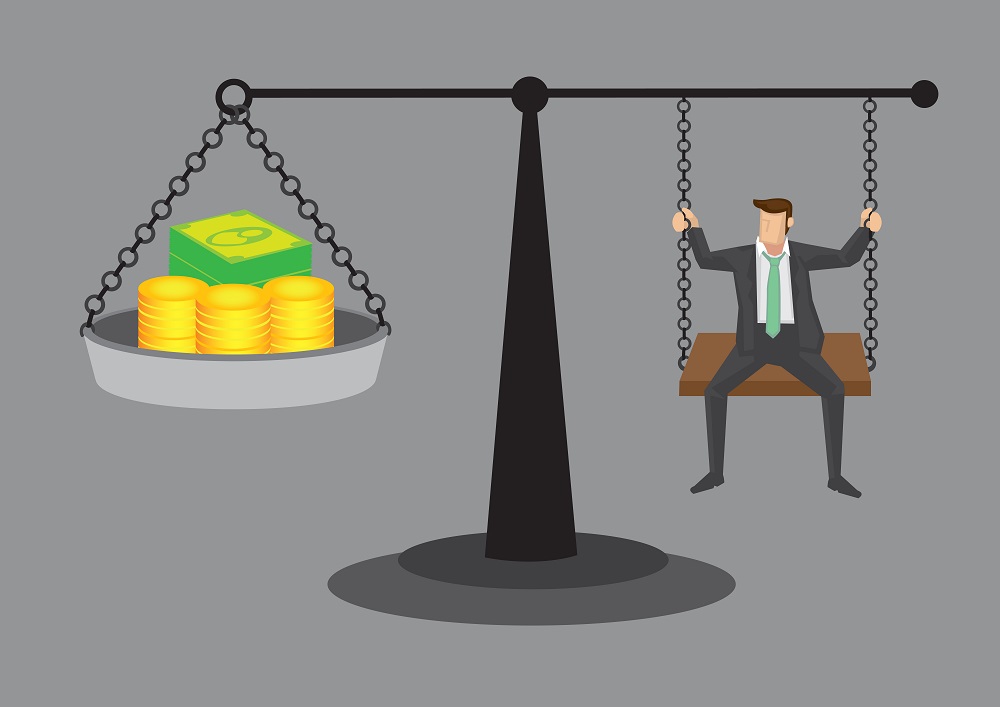The financial situation in Venezuela is getting out of hand rather quickly. With hyperinflation plaguing the country for quite some time now, a solution remains elusive for now. Printing higher denomination banknotes is not providing to be a success either. In fact, weighing cash to pay for goods and services seems to be the new course of action–a rather worrisome development, to say the least.
The Weight of Cash Has More Value Than its Denomination
We live in very strange financial times, although what is happening over in Venezuela is unprecedented. Hyperinflation rates are getting so high that it no longer makes sense to value cash based on the digits printed on the bills and coins. Instead, consumers are now paying based on the weight of their bills, as it is the only viable way to determine their proper value.
It has become apparent that the Venezuelan bolivar is becoming more of a gimmick than anything else. Even paying for bread or a newspaper requires dozens of paper bills, regardless of their denomination. In fact, there is almost more paper money in circulation than there is toilet paper in all of the country. The only difference is that the latter has real-life value, whereas the Bolivar does not.
Weighing cash may seem like an unusual decision right now, but it may occur in other countries as well. Venezuela is not the only region of the world that is dealing with hyperinflation. Printing more money, which is often the course of action taken by central banks, is only making the problems worse. Given the crime rates in Venezuela, walking around with large amounts of cash is not advised. Then again, criminals would not be able to spend the money fast enough for it to retain its value.
Venezuela is in dire straits, and the government seems unable or unwilling to do anything about it. The country is dealing with a significant lack of resources of all kinds, mainly production materials and medication. In fact, the country is no longer able to print its own money, even if it wanted to.
Despite these concerns, there is a positive note in all of this. Any locally denominated debt is now officially worthless. Although this is only a minor silver lining, one has to take the good with the bad. That being said, the growing mountains of debt all over the world will steer other currencies in the same direction, which would be a far less favorable outcome.
One of the biggest concerns for consumers and retailers is what they should do with those big piles of cash. Depositing large amounts of funds at the bank is the only option, although that will only devalue these deposits even further. Nothing is stopping the plunge of the bolivar by any means, and keeping funds in a bank account will not help alleviate those concerns anytime soon.
If you liked this article, follow us on Twitter @themerklenews and make sure to subscribe to our newsletter to receive the latest bitcoin, cryptocurrency, and technology news.

